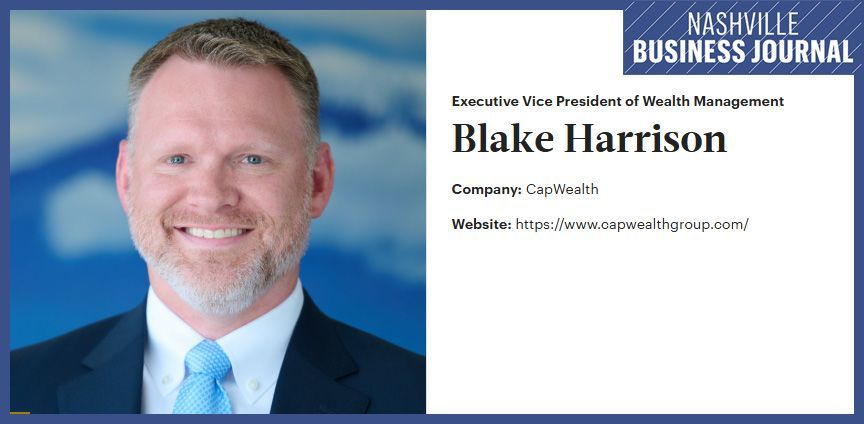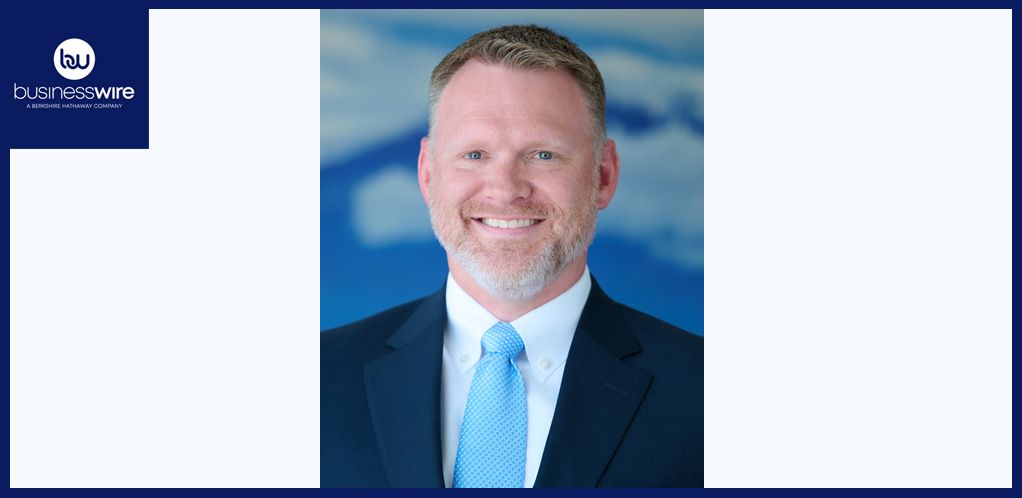Tales Of Investor Mania
September 11, 2019
Economic bubbles are created when asset prices appear to be based on implausible or inconsistent views of the future. Asset bubbles, such as those we see today – from cryptocurrencies to marijuana stocks – are nothing new. The first recorded bubble occurred in the early 1600s in the Netherlands, when a tulip bulb traded for upwards of 4,200 guilders (or roughly the equivalent of 14 years average salary of a skilled craftsman). This bubble burst in spectacular fashion in 1637 and was later chronicled by Charles Mackay in his Extraordinary Popular Delusions and the Madness of Crowds .
My neighbor, Scott, tried to get me to buy into the emu business. This was the late 1990s and this ostrich-like bird had become all the craze for providing a healthy alternative to steak. Scott was a hardworking guy from a small town south of Nashville; he’d acquired a hobby farm that he wanted to turn into the world’s emu-breeding capital – despite rumblings out of Texas that the market was softening and that ranchers were getting hurt. At that point, mature birds were insured at $50,000 a pair. Eggs cost $2,000 apiece. But as the Los Angeles Times reported at the height of the bubble, “what looked like a lucrative venture had quickly become a money pit,” costing breeders thousands of dollars a year just to keep the birds alive.
After I turned down the emu opportunity, I remember Scott’s frustration as his first emu chicks died. The University of Tennessee came to the rescue (for a $2,000 consulting fee) and advised that Scott had unwittingly kept the birds “too clean.” The chicks needed dirty pens to create a gut microbiome to properly digest their food, and hence were starving. Eventually, the emu market in Tennessee stalled because of an oversupply.
So what does this have to do with the current monetary environment and the historically low interest rates that have investors pulling their hair out?
The Federal Reserve targets inflation at 2%; while the 10-Year Treasury Rate is slightly over 2%. That means that after you pay taxes on a 10-Year Treasury, you effectively lose money.
Despite this, everyone appears to be fixated on “the boost” provided by the Fed’s .25% rate cut, in a fiscal environment where interest rates are already subterranean – both in the US and internationally. In Japan, for example, a 10-year bond is at 0%. And some European banks are charging customers to deposit their cash. There’s an estimated $10 trillion in negative interest rate debt issued globally. Essentially, investors are paying the government to hold their money.
Let’s put the rate cut in the context of “cheaper” loans: If I decide to expand my business and borrow one million dollars, I would save $2,500 in borrowing costs per annum . Do Chairman Powell and others at the Fed believe that their .25% rate cut is thereby a meaningful stimulant to business growth? I mean, if $2,500 in savings is critical to me to borrow a million dollars, I probably should not do it.
In the absence of Congress and the administration driving fiscal policy that spurs investment and business development, the Fed’s monetary manipulations will always fall short. Investors will be tempted to continue to EMU their portfolios – jumping on meatless burgers, marijuana, art, or whatever the latest craze is for speculative gains. Where are the serious fiscal reforms (for example, a second major overhaul of the tax system) that encourages workforce participation by allowing Americans to keep more of what they make under a simplified tax and budgeting system that they can understand? I would take that over a .25% cut in interest rates any day of the week.
Tim Pagliara is the founder, chairman and chief investment officer of CapWealth. Tim is also a Forbes contributor. This article was originally written for and published on Forbes.com.
Find the original article here
.














